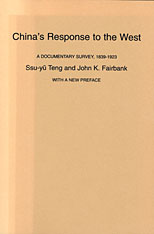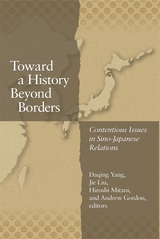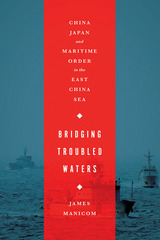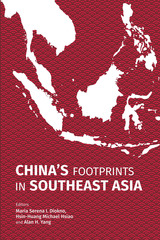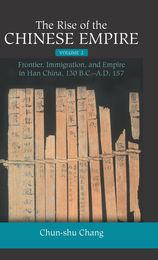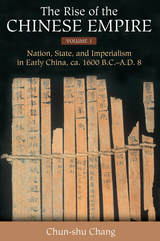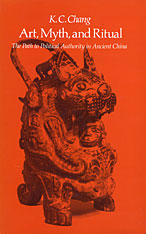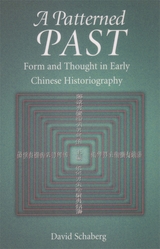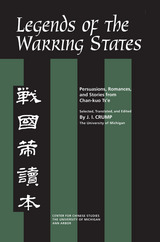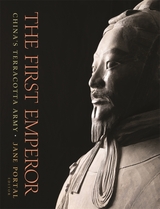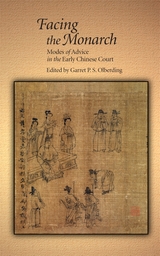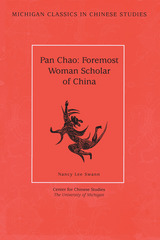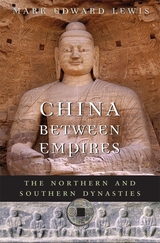Cloth: 978-0-674-80935-2
Library of Congress Classification DS740.5.R8W53
Dewey Decimal Classification 327.51047
Through an analysis of political perception and communication, this study explains the structural change in the international political landscape that followed the Soviet intervention in Czechoslovakia in 1968. It examines the shifts in China's global policies—from dual confrontation with the United States and the Soviet Union to an intensified challenge to the Soviets and rapprochement with the United States—and analyzes the complex signaling process through which that change was accomplished.
The examination throws light upon the dynamics of the Sino-Soviet conflict. The Sino-Soviet border crisis is interpreted within a broad context of international affairs, particularly perceptions of the meaning of Czechoslovakia and the implications of American withdrawal from Vietnam. The crisis is seen as symptomatic of underlying shifts in the international landscape, shifts that were also to become evident in the transformation of Sino-American relations, Sino-Japanese reconciliation, and the emergence of China's adversary relations with its former close allies Vietnam and Albania.
This study demonstrates the application of an analytical method—called “contextual analysis” by the author—for interpreting the political communications through which the parties involved signaled their perceptions and expectations. Close analysis of these communications enlarges understanding of how the signaling process both shaped and reflected the evolution of events during a critical period of change.
See other books on: Communication | Foreign relations | Political Change | Soviet Union | Study
See other titles from Harvard University Press

